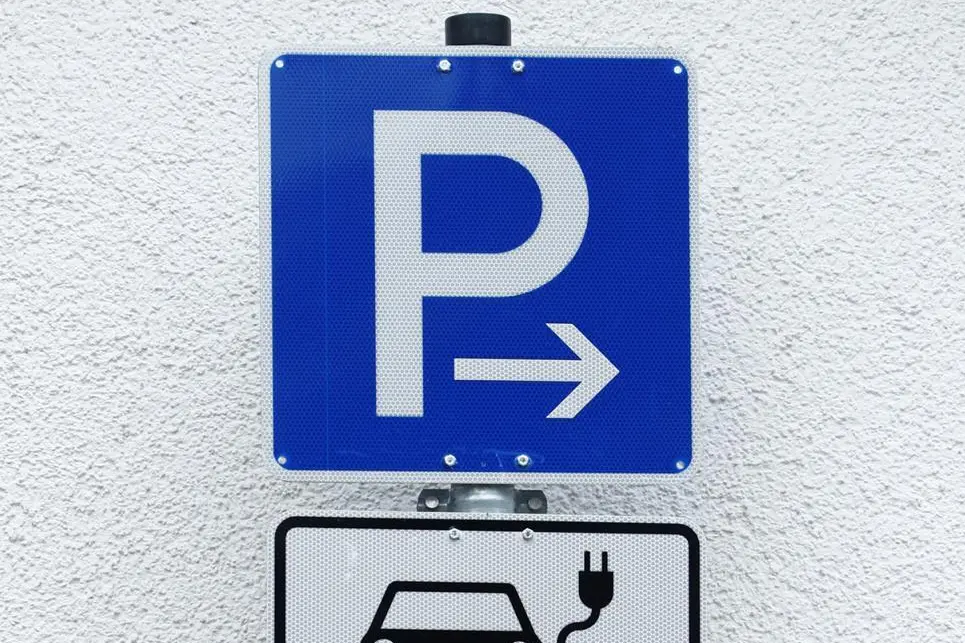PHOTO
FRANKFURT - Germany said it will oblige all petrol stations to offer electric car charging as part of a sweeping 130 billion euro ($146.26 billion) economic recovery plan, boosting electric vehicle demand which has been hampered by consumer concerns over refuelling.
Germany unveiled the incentives as part of a broader stimulus plan which included staggered taxes to penalise ownership of large polluting combustion-engined sports utility vehicles.
Customers have been concerned about the limited operating range of electric cars, a factor which has hampered demand. Converting Germany's 14,118 petrol stations would provide a significant boost to electric vehicle demand.
In Germany, electric cars made up only 1.8% of new passenger car registrations last year, with diesel and petrol cars accounting for 32% and 59.2% respectively.
Of the 168,148 new registrations in May, only 5,578 or 3.3% were electric cars according to German vehicle agency KBA. A further 51.1% were petrol powered, 31.6% were diesel cars and 17.6% were hybrid or plug-in hybrid cars.
As of March 2020, Germany had only 27,730 electric car charging stations according to BDEW, Germany's association for the energy and water industry.
To make electric cars a mass market phenomenon, at least 70,000 charging stations and 7,000 fast charging stations are required, according to the BDEW.
($1 = 0.8888 euros)
(Reporting by Edward Taylor Editing by Michelle Martin) ((Edward.Taylor@thomsonreuters.com; +49 69 7565 1187;))





















